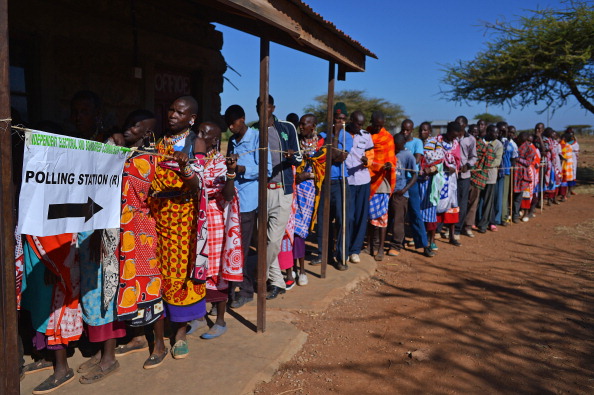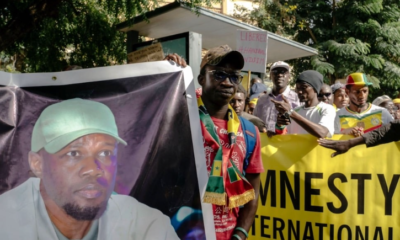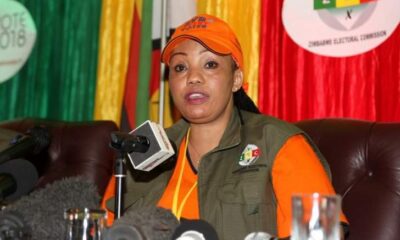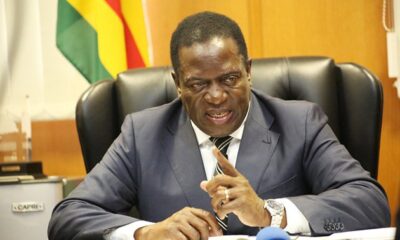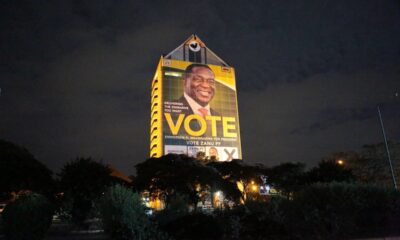GENERAL elections in Zimbabwe – elections in which the President and members of the Senate, the National Assembly and local authorities are elected – are normally held every five years.
The five-year period begins when a new President assumes office after a general election, and the next general election must be not more than 30 days before that period ends five years later. This is provided for in sections 143 and 158 of the constitution.
The President’s current five-year term began when he was sworn in on 26 August 2018, so polling day in the next general election should be held between 27 July and 26 August 2023.
That is when the next general election is due to be held in the normal course of events, but it could be held earlier if certain events envisaged by the constitution occur.
We shall deal with those events in this bulletin.
Early dissolution of Parly
The first event to trigger an early election would occur if the Senate and the National Assembly, sitting separately, were to resolve that Parliament should be dissolved. If the resolutions were passed by two-thirds majorities of the total membership of each House, then the President would be obliged by section 143(2) of the constitution to issue a proclamation dissolving Parliament. In that event a general election would have to be held within 90 days after the last resolution was passed: section 158(1)(b) of the constitution.
Can this be done?
The ruling Zanu PF can get the requisite two-thirds majorities in both Houses for dissolution resolutions to be passed:
· The National Assembly has 270 members, so 180 votes constitute a two-thirds majority.
Zanu PF has 182 seats, two more than are needed to pass a dissolution resolution.
· The Senate has 80 senators, so 54 votes constitute a two-thirds majority. Zanu PF has 34 seats, but there are 18 senator chiefs who usually vote with the ruling party. If the Zanu PF senators and 10 chiefs were to vote for a dissolution resolution it would be passed by the requisite two-thirds majority.
If therefore the ruling party wanted an early general election, it has the votes to get one.
Parliament refusing to pass budget
Under section 143(3) of the constitution, the President may dissolve Parliament if the National Assembly unreasonably refuses to pass an Appropriation Bill that forms part of the annual budget legislation.
Given Zanu PF’s enormous majority, it is unlikely that the National Assembly would refuse to pass an Appropriation Bill, however unpopular the Minister of Finance’s budget measures may be. It is vanishingly improbable that the Assembly would refuse to pass an Appropriation Bill as a pretext for calling an early election.
Vote of no confidence in government
If the Senate and the National Assembly, by a joint resolution passed by at least two-thirds of their total membership, were to pass a vote of no confidence in the government, then the President would be obliged by section 109 of the constitution to do one of two things within 14 days after the vote:
· either remove all ministers and deputy ministers from office and replace them, or
· dissolve Parliament and, within 90 days, call a general election.
Barring an irreversible split in the ruling party it is inconceivable that Parliament would pass a vote of no confidence in the Government, and it would never do so merely as a pretext for an early election.
Consequences of early election
Some things would need to be sorted out if there were an early general election.
Voters’ rolls
Voters’ rolls are closed two days after the publication of a proclamation calling a general election (section 26A of the Electoral Act) and the nomination of candidates must take place between two and three weeks after the proclamation (section 38(1)(a)(i) of the Act). During that period between the closing of the rolls and nomination day the Zimbabwe Electoral Commission (Zec) has to publish the voters’ rolls to be used in the election.
If an early general election were called suddenly without advance warning, Zec might not be able to publish the rolls in time.
Delimitation
Zec is currently conducting a delimitation exercise which must be held every 10 years. An early general election might mean that the current delimitation is hurried or dispensed with entirely.
In any event, under section 161 of the constitution, delimitation needs to be completed at least six months before polling day in an election if the newly-delimited constituency and ward boundaries are to be used in the election. So if an election were to be called early next year the existing – that is, pre-delimitation – electoral boundaries would be used.
Conclusion
The constitution obviously favours the holding of general elections at regular five-yearly intervals and makes it difficult for a government or ruling party to call elections early or at short notice.
Hence an early election is unlikely, but as we have shown it is by no means impossible.
About the writer: Veritas is an independent organisation that provides information on the work of the courts, Parliament and the laws of Zimbabwe and makes public domain information widely available.
Veritas makes every effort to ensure reliable information, but cannot take legal responsibility for information supplied.
